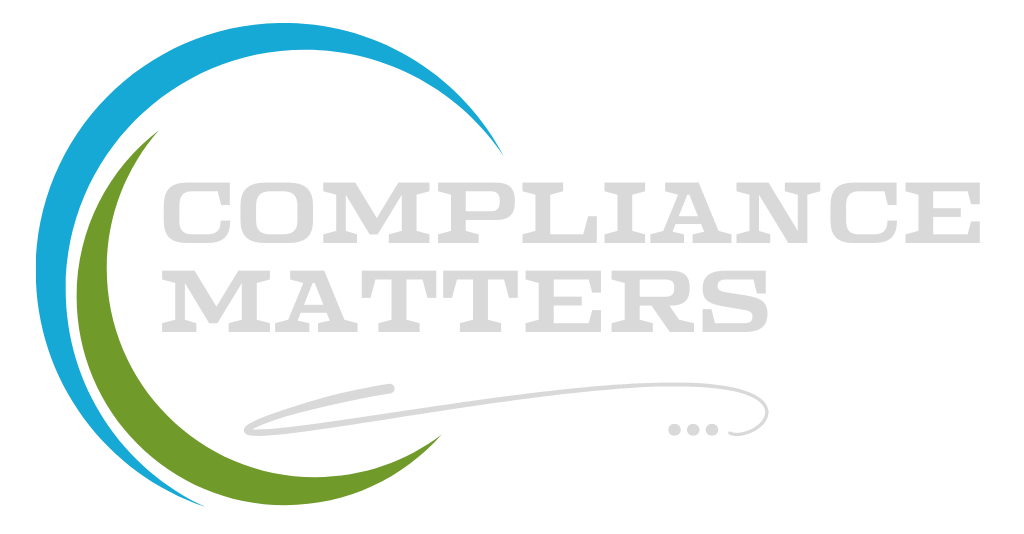Hoodwinking employer leads to dismissal
One of the requirements in the City of Johannesburg’s advertisement for a position of Deputy Director: Legal Support was that candidates must be qualified attorneys “admitted to the bar”.
The applicant, who was already employed by the City as a legal advisor in its Revenue Department, successfully applied for the position after stating that, “I have all the attributes sought for the position and would like to be considered for the position.”
It wasn’t long before the City received an anonymous tip-off that the applicant failed to declare that he had been suspended from practicing as an attorney when he applied for and was appointed to the position.
Following his disciplinary hearing where he inter alia faced a charge of “misrepresentation, alternatively gross dishonesty”, he was dismissed.
When the bargaining council arbitrator found that his dismissal was substantively unfair, and ordered his retrospective reinstatement, the City took the award on review.
The Labour Court found in City of Johannesburg v Mthimunye and Others that the applicant had lied by omission “to gain appointment to the position he applied for, well knowing that the (City) would not appoint him if they knew that he was suspended from practising as an attorney as such disclosure would leave him short of the minimum requirements” (para 29).
The court was of the view that lying by omission constituted dishonesty. It quoted from the Labour Appeal Court decision in Nedcor Bank Ltd v Frank and others where dishonesty was defined “as a lack of integrity or straightforwardness and, in particular, a willingness to steal, cheat, lie or act fraudulently. Deceitfulness can manifest itself in various forms, which include providing false information, non-disclosure of information, pilfering, theft and fraud.”
The court further referred to the decision in Intercape Ferreira Mainliner (Pty) Ltd v McWade and others where it was held that even if “an employee may be required to disclose information not specifically requested if that information is material to the decision to employ, or where a question is asked, that a less than honest and complete answer might form the basis for a dismissal when the truth is ultimately discovered.”
The applicant’s election not to disclose a material fact was a direct conflict with the interests of his employer. The court concluded that: “It is not unreasonable to expect that where there is material information that may impact upon an employer’s decision to appoint an employee, this must be disclosed by the employee. Failure to disclose in such circumstances will constitute misconduct which may lead to dismissal. This kind of disclosure does not have to be in writing but implied as an employment relationship is based on trust.”
The court rejected the applicant’s explanation that he had verbally disclosed the fact that he was suspended from practising during the interview process because he had failed to call a witness to substantiate this version.
The court upheld the dismissal.
The importance of this judgment: Dismissal is a fair and appropriate sanction once an employer discovers that they have employed someone who dishonestly withheld material information during the interview or selection process, where such information would have excluded them from being employed.

